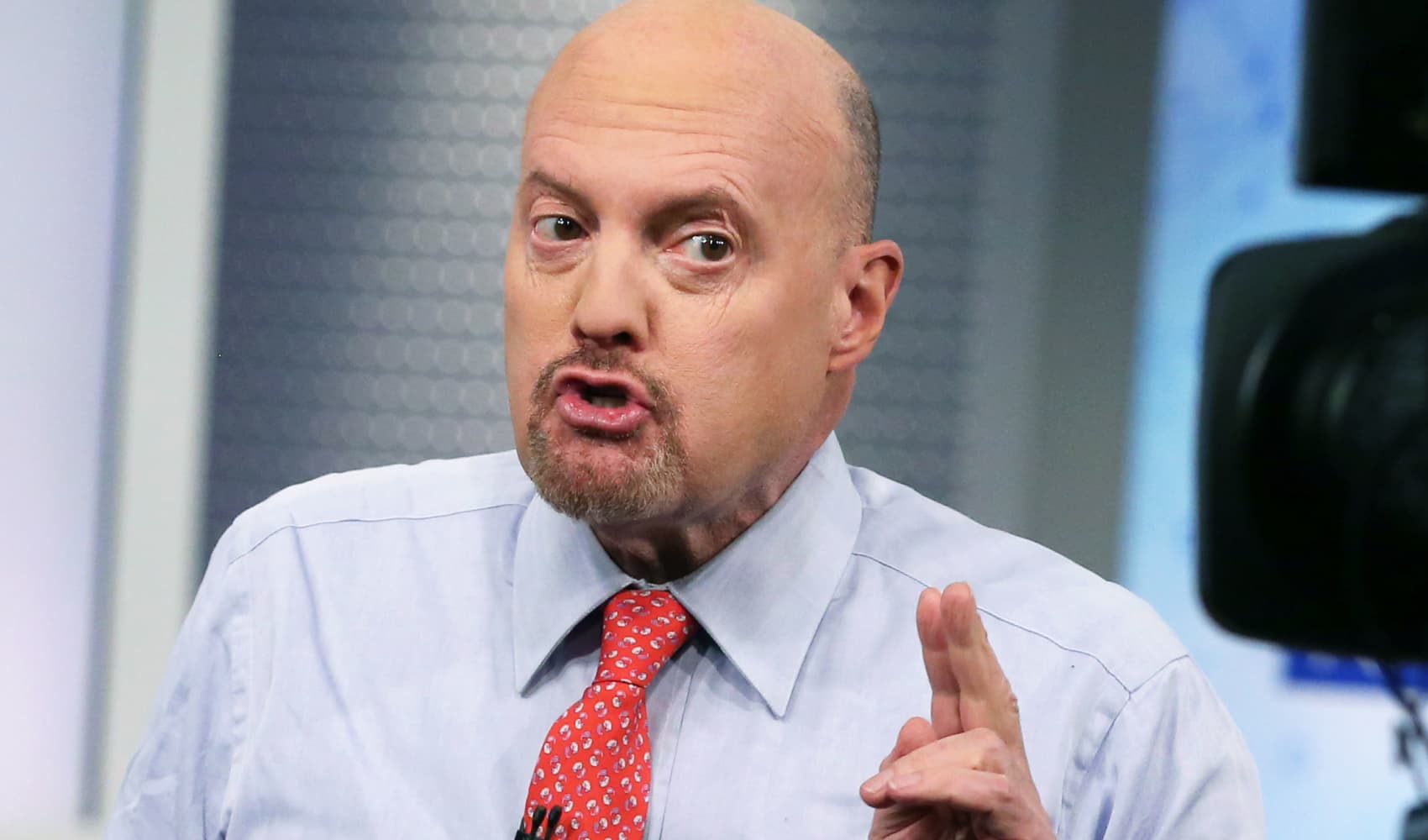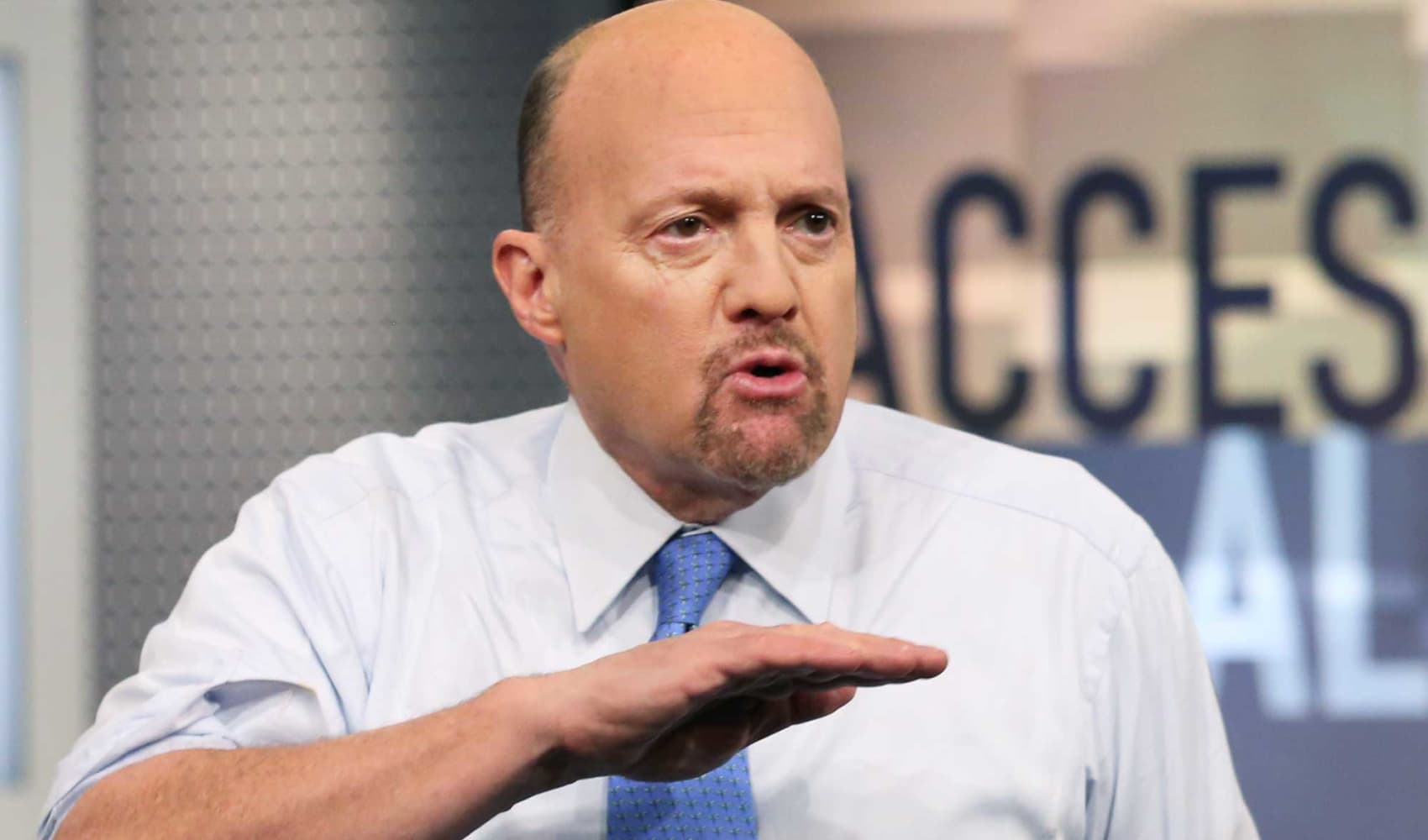
- The Conference Board's consumer confidence index slid to 98.7, down from 105.6 in August, the biggest one-month decline since August 2021.
- Respondents' concerns focused mostly on jobs and inflation.
Watch NBC6 free wherever you are
>Consumers' view on the economy tumbled in September, falling by the largest level in more than three years as fears grew about jobs and business conditions, the Conference Board reported Tuesday.
The board's consumer confidence index slid to 98.7, down from 105.6 in August, the biggest one-month decline since August 2021. The Dow Jones consensus forecast was for a reading of 104. By contrast, the index had a reading of 132.6 in February 2020, a month before the Covid pandemic hit.
Get local news you need to know to start your day with NBC 6's News Headlines newsletter.
>Each of the five components the organization samples fared worse on the month, with the biggest fall coming among those aged 35-54 and earning less than $50,000.
"Consumers' assessments of current business conditions turned negative while views of the current labor market situation softened further. Consumers were also more pessimistic about future labor market conditions and less positive about future business conditions and future income," said Dana Peterson, chief economist at The Conference Board.
The last time the confidence index dropped more came as inflation was just beginning a climb to what ultimately was the highest level in more than 40 years.
Money Report
Stocks saw some brief losses following the release, while Treasury yields moved lower.
In addition to the steep drop in the confidence index, the present situation measure worsened by 10.3 points to 124.3 and the expectations index was off 4.6 points to 81.7. On the expectations measure, a reading below 80 is consistent with a recession.
Respondents' concerns focused mostly on jobs and inflation.
Those saying jobs are plentiful continued to decline, falling to 30.9% from 32.7% in August, while the jobs "hard to get" measure rose to 18.3%, up from 16.8%.
On inflation, the 12-month outlook rose to 5.2%, with concerns over price increases topping the list of economic concerns.
"The proportion of consumers anticipating a recession over the next 12 months remained low but there was a slight uptick in the percentage of consumers believing the economy was already in recession," Peterson said.
The survey comes less than a week after the Federal Reserve voted to lower benchmark interest rates by a half percentage point, citing a more favorable outlook for inflation and worries over a potentially softening labor market. It was the first rate cut in four years and double the traditional quarter-point reduction.
The survey, though, was conducted through Sept. 17, the day before the Fed approved the rate cut.






